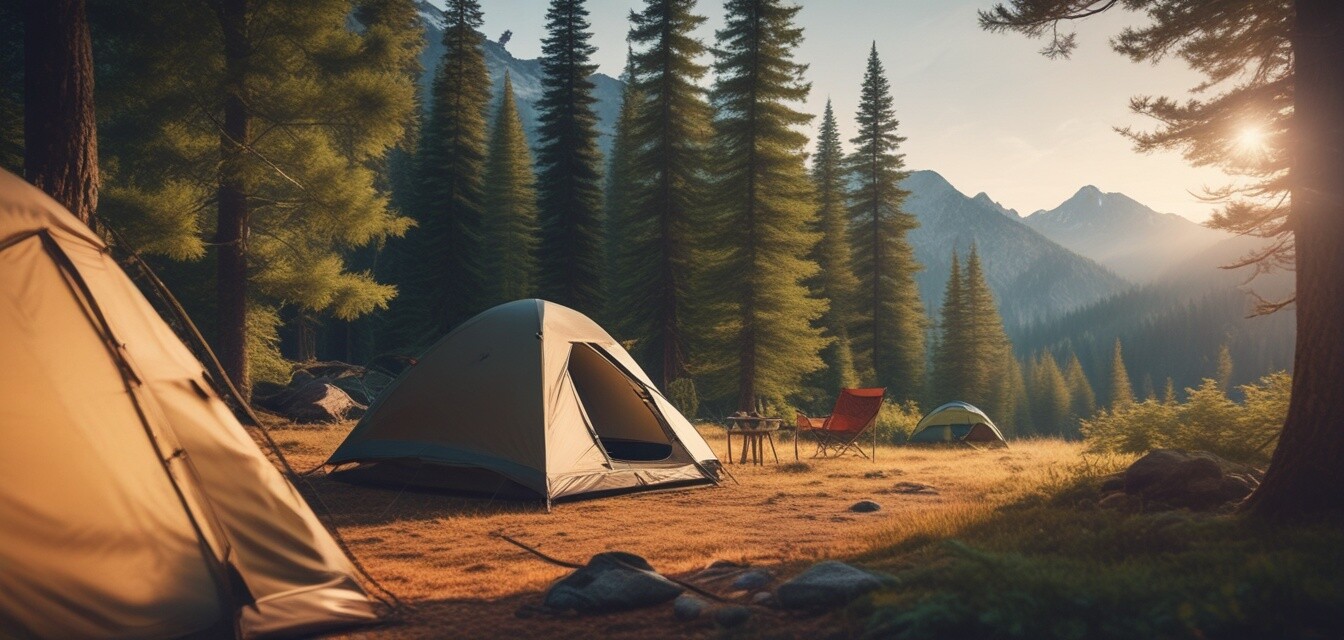
The Best Lightweight Tents for Backpackers in 2024
Key Takeaways
- Lightweight tents are essential for backpackers who prioritize portability.
- Quality materials ensure durability without adding bulk.
- Look for features like easy setup and weather protection.
- Consider your camping style and the number of occupants when choosing a tent.
If you're planning a backpacking trip in 2024, selecting the right tent can make a significant difference in your overall experience. As an outdoor enthusiast, you want gear that not only minimizes weight but also withstands the elements. This guide will explore the best lightweight tents currently available, helping you find the perfect shelter for your adventures.
Why Choose Lightweight Tents?
Backpacking requires careful planning, and every ounce matters. Lightweight tents enhance your mobility and make hiking more enjoyable. Here are some compelling reasons to choose lightweight tents:
- Portability: Lightweight tents are easier to carry, allowing for longer hikes without increasing fatigue.
- Quick Setup: Many modern lightweight tents feature simple designs that can be set up quickly.
- Durability: Despite their weight, these tents are built with high-quality materials that provide protection from the elements.
- Versatility: Suitable for various climates and terrains, making them ideal for different outdoor experiences.
What to Look for in a Lightweight Tent
When shopping for a lightweight tent, certain features can help you decide which option suits your needs best:
| Feature | Description |
|---|---|
| Weight | Choose a tent that is easy to carry over long distances. Aim for under 3 lbs for solo tents. |
| Material | Look for high-denier fabrics and waterproof coatings that offer resilience against weather conditions. |
| Design | Consider options with quick-pitch systems or freestanding setups for ease of use. |
| Space | Ensure the tent comfortably accommodates the number of users, allowing for gear storage inside. |
| Ventilation | Good airflow reduces condensation; look for mesh panels and rainfly designs that enhance ventilation. |
Top Lightweight Tents for Backpackers in 2024
Below, we've compiled a selection of some of the **best lightweight tents** available in 2024:
| Tent Name | Weight | Capacity | Price |
|---|---|---|---|
| Tent A | 2.5 lbs | 1 Person | $250 |
| Tent B | 3.1 lbs | 2 People | $310 |
| Tent C | 2.8 lbs | 3 People | $400 |
| Tent D | 2.9 lbs | 1-2 People | $320 |
Additional Considerations
While this list provides a great starting point, considering additional aspects of your camping style is vital. For example, if you're camping during mud season or expect heavy rains, prioritize tents with high waterproof ratings and solid anchoring systems.
Setting Up Your Lightweight Tent
To ensure trouble-free setup, familiarize yourself with your tent’s instructions at home. Testing it helps you understand its components, ensuring you can easily pitch it even in difficult weather conditions.
- Identify the tent footprint and lay it out--this serves as the base.
- Attach the poles to the tent body
- Secure the rainfly over the tent for added protection from the weather.
Conclusion
In conclusion, the best lightweight tents for backpackers in 2024 offer a blend of portability, protection, and convenience. By considering your specific needs and preferences, you'll find the perfect tent to enhance your outdoor experience. Check out our resources on camping tents as you continue to gear up for your adventures, and don’t forget to review our buying guides in the Camping Buying Guides section.
Pros
- Lightweight and easy to carry.
- Fast and simple setup.
- Durable materials for long-lasting use.
Cons
- Sometimes less spacious than heavier options.
- Higher price point for ultra-lightweight models.
Tips for Beginners
- Make sure to practice setting up your tent before your trip.
- Invest in a footprint to protect your tent floor.
- Store your tent in a cool, dry place after each use to maintain its quality.